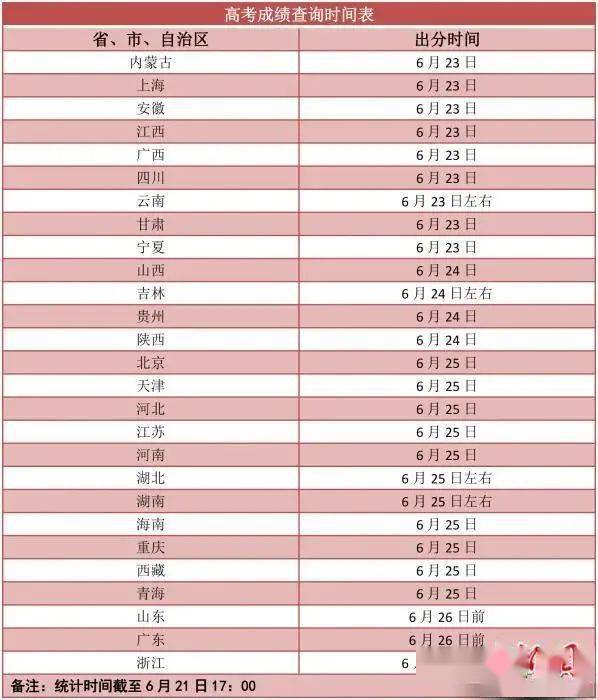

Text ︱ Ge Zhaoguang
2 For the first eight months of 020, I was in Tokyo. I have been to Japan many times before, and I always want to hurry up to find research materials, so I am busy reading and writing, and I have no time to visit. This time it took eight months, and I was unavoidable to have the idea of ”going through Japan”. I planned to go south to Satsuma and north to Hakodate. I also planned to go to Nakajima in the Seto Inland Sea and Koyasan, the shrine of Shingon sect. Okinawa. But people are not as good as the heavens. I didn’t expect a pandemic that swept the world to make these plans go in vain. So I had to stay in Tokyo (not in China) and settle down to read some Japanese historical treatises.
Shun Let me just say that reading Japanese historical treatises in Japan was a plan made at the beginning of this time. However, even though I concentrate on reading Japanese history works, what I have in my mind is still the issue of Chinese history. Therefore, those Japanese historical treatises became the background for me to re-understand Chinese history in Asia. The selection here is a number of excerpts and notes from my books on Japanese history reading in Tokyo. I randomly picked a title and called it “Tokyo Reading Notes.”

Japan’s “Weekly Reading Man” launched a special topic entitled “The Perspective of the World” in 2020, and used more than a dozen full pages to focus on the various new changes that have occurred in the world. Compared with the Chinese reading community and the press, Japan It seems more “world-conscious”. When I was reading the newspaper, I paid particular attention to a dialogue about “patriotism”. This is the “True Patriotic” which was just published on the first and second editions of “Weekly Reader” on January 10th. produce? “. The two parties in the conversation are Kimen Takami (Professor of Otago University, New Zealand) and Uno Shigeki (Professor of Tokyo University).
In 2019, the two books of Ji Mian caused quite a stir in Japan. Iwanami Bookstore published his “Patriotic Structure”, and Million Years Book published his “Japanese National ための爱国の Textbook”. As he teaches in the English-speaking world, he has noticed the recent resurrection of “patriotism” as a political concept in Western academic circles. As a Japanese scholar, he is also concerned about whether the concept of “patriotism” can really be understood correctly in Japan? In other words, is “patriotism” a natural sentiment that Japan takes for granted?
Despite the Heisei era in the past thirty years, Japan once had Saeki Keise’s “Japan’s Patriotism” and Jiang Shangzhong’s “Patriotic Practice” two works representing the “patriotism” of the Heisei era. So, how can the correct “patriotism” be rebuilt in the Reiwa era? And what exactly is “patriotism” that Professor Jiang Jimian wants to say? In the conversation, Professor Uno of the University of Tokyo once asked whether the “Patriotic Textbook” written for the Japanese people criticized even moderate nationalism? Uno cited numerous reactions from all over Japan to the new emperor’s accession to the throne in 2019. It is said that at that time, there were a lot of praises to the emperor in Japan. For example, Japan with the royal tradition is a special country; even this is a thread of the tradition of the kingdom of Japan. This kind of Japanese praise is not necessarily an analysis of the status quo based on facts, but merely a repetition of the meaning of “Japan is Japan”. Uno believes that if he is caught in this mood and talks about “patriotism,” will he be hostile to words other than the patriot as “anti-Japanese”. The question asked by Uno is: Is this really “patriotic”?
It is mentioned in the response of the base to this that the national identity of post-war Japan may not be in the sense of race or region, but mainly stems from the economic success of the post-war period. However, the “lost thirty years” of the economy after the 1990s has gradually eliminated this foundation of national identity. He quoted the British academic community, saying that the identity of the United Kingdom is related to the economic status and education level, and there is a polarization between the “どこでも school” and the “どこか school”. But what’s interesting is that although Japan’s rich and poor are very different, they unanimously say some unfounded patriotic remarks. What Japanese are great, Japan is special. He admits that the kind-hearted and gentle nationalism is of course because he feels that he is not one, but in the group, which makes him feel more secure. Such patriotic sentiment must have its truth.
However, Professor Ji, who is familiar with Western political thought, specifically distinguished “Nationalism” and “Patriotism” theoretically based on the British political thought pedigree (Note: Uno is a little skeptical, in Japanese language The meaning of “patriotism” in China is often mixed. Is it really possible to distinguish clearly?). In terms of fundamentals, Patriotism and Nationalism are different in etymology. The former is a necessary condition for building a good political community. He quoted Cicero (Marcus Tullius Cicero, BC 106-43) as saying that there is a citizen’s motherland, and there is a natural motherland, and the citizen’s motherland is more important than the natural motherland. . He explained that the so-called citizen’s motherland is the motherland that forms a community in accordance with the law. It must have republican political value and a political system to realize this value; and the natural motherland is only the birthplace of us, the ancestors live in for generations, where our parents are. Yes, that place with homesickness. Obviously, what he meant was that the citizen’s motherland is a national identity based on political systems and political values, and it corresponds to patriotism; while the natural motherland is based on blood and geography, which corresponds to Nationalism. Because the former is related to the universal political value and system, it is easy to move towards a moderate orientation. But at the same time he also admitted that this kind of patriotism does not necessarily occupy the mainstream in modern society, so he deliberately studied and elaborated on it in “The Structure of Patriotic”.
In the long conversation that followed, they discussed “patriotism” and “loyalty”, discussed the “critical” and “desperate” in patriotism, and discussed how to understand “patriotism” in their hearts. The basics agree that the so-called “patriotism” must ask why it is loyal and what is it loyal to? If it is based on understanding and value, then, just like Christianity’s dedication to God, it also has the meaning of dying for the country. After all, human beings do not exist as individuals but as groups. This conversation is very long and very long, occupying two full pages. I haven’t finished reading the two books by Professor Jiang Ji Mian. However, I vaguely feel that the publication of these two books is precisely related to the “reverse globalization” in the current world, that is, the re-emergence of “national interests”. In recent years, people have increasingly noticed that after the 1990s, the originally imagined globalization, the Internet, market trade, and universal values did not really dilute the existence of the country, and “there is no end to history.” On the contrary, under the protection of a special political consciousness and political system, it has contributed to the rise of the country and made it more difficult to “transcend national borders”. There is no doubt that all countries in the world today are faced with universal values and national values, whether global priority or national priority, whether culture is special or common, and issues related to “identification”. Whether it is the “Brexit” of the United Kingdom, the “refugees” in Europe, the “America First” and the establishment of a high wall in the Trump era of the United States, and the changes in Erdogan, Turkey, the unity of Islam and the political freedom of the world Conflicts will eventually prompt the academic and ideological circles to start to understand the “country” and “identity” again. Fukuyama’s recent works, which I read some time ago, actually show this trend.
Just today, I saw that the topic of intense discussion on the Japanese Internet is the so-called “anti-Japanese forces”, perhaps, it happened to involve this thorny problem. Today the University of Tokyo announced the dismissal of an Associate Professor Osawa Nobuhira. It is said that he was originally the youngest associate professor of East University. The original appointment period was six years, and the reason for the early dismissal was his extreme remarks. He declared that he “will never hire Chinese people”, attacking that the Institute of Oriental Culture we are familiar with is under the domination of certain countries, and also attacked other professors for no reason. I am not very clear about the reasons for this, but seeing the official news released by the University of Tokyo, it is obvious that the University of Tokyo feels that a university must never touch the bottom line of “political correctness.” The dismissal of Daze is also based on social responsibility and is also to stop it. This kind of thing happened again, prompting all faculty members to completely abide by the ethical code.
But what is interesting is that I have seen that Japanese people on the Internet have criticized the University of Tokyo a lot. So, is this extreme regional “nationalism” or what Professor Ji Mian called “patriotism”?
Ge Zhaoguang
Institute of Literature and History of Fudan University
·END·





























































You must log in to post a comment.